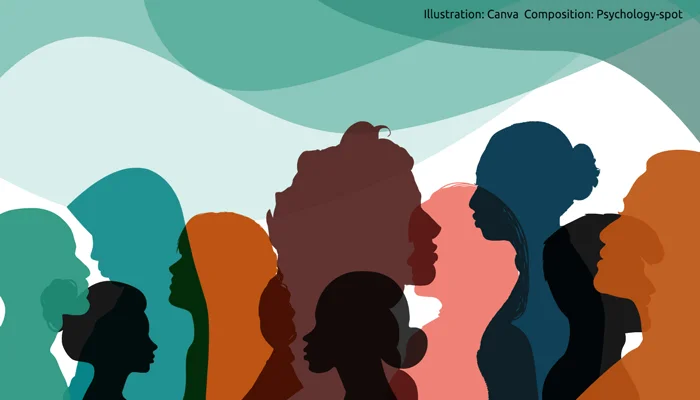
“Constant lying is not about making people believe a lie, but about ensuring that no one believes anything. A people who no longer distinguish between truth and lies cannot distinguish between good and evil: a people deprived of the power to think,” wrote Hannah Arendt.
Hannah Arendt was always an awkward philosopher. She was awkward because she had her own voice and thought freely. The author of works such as “The Origins of Totalitarianism” and “The Banality of Evil”, she posed truths that most people do not like to recognize, forcing us to face our shadows.
She suffered first-hand the Nazi persecution in Germany in the 1930s, she was in the Gurs concentration camp and the French authorities classified her as an “enemy foreigner.” She finally managed to escape to the United States, but even there, by not adapting to the predominant narrative of her, she was viewed with suspicion by her contemporaries, generating controversy and disgust in equal parts.
Despite all this, she became one of the most important figures in political and philosophical thought of the 20th century.
The hidden purpose of lies and misinformation
“If everyone always lies to you, the consequence will not be that you believe in lies, but that no one will believe in anything anymore. This is because lies, by their very nature, have to change, so a lying government has to constantly rewrite its own history.
“On the receiving end, you don’t just get one lie – a lie you could keep repeating for the rest of your days – but a whole host of lies, depending on how the political wind blows. And a people that can no longer believe in anything, cannot decide. It is deprived not only of its ability to act, but also of its ability to think and judge. And with a town like that you can do whatever you want,” she explained in an interview for the New York Review of Books .
By manipulating the truth, there is an erosion of trust in information sources. People begin to think that everything can be falsified or manipulated, which generates a general distrust that ends up causing an inability to evaluate the veracity of any statement. The result?
Epistemic confusion occurs; That is, we enter a state in which the overload of contradictory information prevents us from integrating new information in a coherent manner, which negatively affects our ability to analyze the world and make consistent and informed decisions.
At the same time, the impossibility of accessing the truth generates a feeling of relativity. It uproots moral restraints and prevents us from distinguishing good and evil, pushing us to move in an area of quicksand where values become extremely ambiguous.
The lack of strong values or principles reduces motivation to act proactively or ethically, as actions are perceived as futile or impactless. This leads to a kind of learned helplessness that promotes conformity, inhibits questioning, hinders critical thinking, and facilitates social control.
Why do we believe lies?
The desire to distort reality arises when the factual truth becomes uncomfortable, so there is a deliberate intention to convert facts into opinion. When the truth is not convenient, it is relativized and its value is detracted. Instead, “freedom of opinion” is praised, which is usually subjective, variable and moldable.
In this sense, Arendt warned that lies can be imposed through two means: the force of authoritarianism or the subtle manipulation of facts and ideas. However, in both cases the aim is to distort reality to manipulate people’s behaviors by inhibiting their ability to analyze.
How is it possible?
Arendt believed that in many cases lies do not even conflict with reason, simply because it is easier to believe them than to question them. We suffer from chronic cognitive laziness.
“Lies are sometimes much more plausible, much more attractive to reason, than reality, given that the person who lies has the great advantage of knowing in advance what his audience wants or expects to hear. He has prepared his story for public consumption with the care of making it plausible while reality has the disconcerting habit of confronting us with the unexpected, with what we are not prepared for, ” she said.
In other words, we believe in lies and we swallow hoaxes because, deep down, they represent the simplest path. In the end, it is easier to go with the flow than to doubt, go deeper, search, be incisive, not be satisfied…
However, all is not lost. Arendt also stated that “persuasion and violence can destroy the truth, but they cannot replace it” because it is impossible to “invent an adequate substitute for it,” no matter how hard you try. In the end, the lie itself becomes unsustainable and falls under the weight of reality.
References:
Arendt, H. (1996) Entre el pasado y el futuro: Ocho ensayos sobre la reflexión política. Barcelona: Ediciones Península.
Errera, R. (1978) Hannah Arendt: From an Interview. In: The New York Review.




Leave a Reply